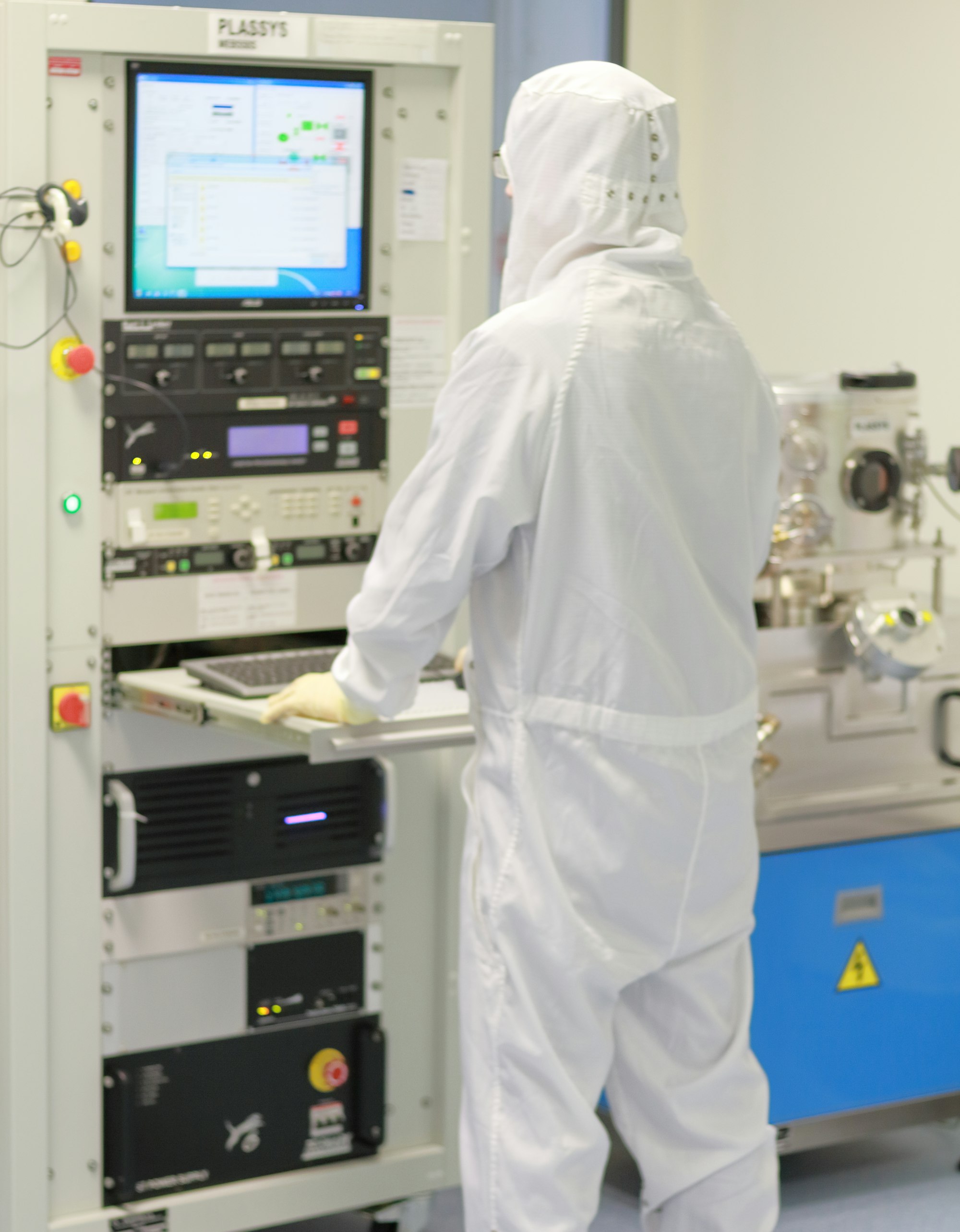Aterian was founded in 2014 and went public in 2019. It sits at the crossroads of big data, e-commerce and consumer goods.
- In simple terms, it is a CPG (consumer packaged goods) company that develops and sells consumer products on Amazon and other e-commerce platforms
- It doesn’t manufacture anything on its own as it relies on contract manufacturers

SECRET RECIPE
Aterian relies on data to decide what to develop and sell next. It gets its data from e-commerce websites and processes it with an internal data analytics tool called “AIMEE”
- Aterian scrapes the web and gathers data from leading e-commerce sites through APIs
- Using its internal data analytics tool “AIMEE”, it knows what product are selling best while being profitable
- Aterian develops these products and sells them through various e-commerce platforms
- Aterian optimises its sales, marketing and pricing using its internal data analytics tool “AIMEE”
A 2-HEADED VENTURE
Aterian’s main activity consists in retailing consumer products on e-commerce websites. Its current growth comes from marketing its products online, expanding its product line-up and acquiring competing retailers.
However, it pins its future growth on the commercialization of its data analytics software, “AIMEE”. Aterian would sell access to its tool following a SaaS model.
Aterian has developed 5 and acquired 6 brands, comprising over 280 SKUs. It manufactures its products through contract manufacturers and then imports and sells these on e-commerce marketplaces.
Almost all of their sales are made through the Amazon US marketplace in the following product categories:
- Home and kitchen appliances
- Kitchenware
- Environmental appliances
- Beauty related products
- Consumer electronics
- Health & Wellness products
2. Data analytics tool: “AIMEE”
This stands for “AI Aterian e-commerce Engine”
It sources data from various e-commerce platforms and publicly available data. It is integrated with marketplaces in the U.S., including Amazon, Walmart, Shopify and eBay.
Allowing it to estimate trends, performance and consumer sentiment on products and searches within e-commerce platforms.
In 2018, Aterian started a pilot offering access to third party brands to its AIMEE platform. Turning the AIMEE product into a SaaS business.
CUSTOMER DYNAMICS
Isn’t it so that customers are attached to the brands they know? Customer habits are changing:
- 51% of millennials have no real preference between private labels and national brands
- Only 22% of searches on Amazon include a brand name
- When shopping online, 75% of US consumers said that they are looking for the products with the best ratings and reviews
“[…] customers have easily-available data to compare features and prices, forcing brands to build the best products to address consumer needs at competitive prices”
“Amazon’s review system is critical to the marketplace’s added value, allowing consumers to transcend the promise of quality associated with a brand’s name by default” by Yaniv Sarig for IPO Edge
AMAZON’S FOOTSTEPS
Aterian is in a good spot as they understood that:
- Customers look for products to solve their needs - not brands
- Customers use reviews and ratings to guide their purchases
This not different of what Amazon itself is doing:
- It sold 22,600 private label products across 111 of its own brands in May 2020
- Up from 6,800 products in June 2018
- On average, the Amazon private label products score 4.3 stars out of 5
THE MARKET
Aterian benefits from changing consumers preferences (favoring reviews and ratings over brand names) and e-commerce’s unstoppable march.
1. According to eMarketer and Statista, global e-commerce sales stood at $ 4.4T in 2020 and are set to rise to $ 8.1T by 2025
- Driven by wider e-commerce adoption, increasing mobile phone penetration and improving infrastructure
2. According to eMarketer, US retail e-commerce sales are set to grow from $ 600B in 2019 to $ 1.2T by 2024
- Boosted by a 32% increase over the 2019 - 2020 period due to the pandemic
- e-commerce sales stood at 14.4% of total sales in 2020 and will climb to 20.6% by 2024 (after excluding gas and auto sales)
“For one, many stores, particularly department stores, may close permanently. Secondly, we believe consumer shopping behaviors will permanently change.”
3. According to eMarketer, leading e-commerce players also gained market share in 2020
- Top 10 e-commerce players accounted for 57.9% of sales in 2019, this now stands at 63.2%
- Amazon accounted for around 23% of total sales in Q3 2020, a slight decrease versus Q2 where is got 24% of sales
DELIVERING RESULTS
Aterian manages to cut down on development and production time, boost the speed and impact of its marketing all while rapidly finding new take-over targets.
- Aterian’s go-to-market takes 6 to 8 months versus 1.5 to 2 years for conventional CPGs
- Marketing and sales are data driven and automated versus manual agency work for conventional CPGs
- Aterian's data driven approach also enables it find best-selling merchants and buy these over as they lack the technology and scalability Aterian has built over time
- These acquisitions keep Aterian asset light as it only acquires the listings, IP, assets and manufacturers relationships
This translates into outstanding products ratings, increasing sales and leading search engine optimization metrics
- Aterian now has 67 products with over $ 500k in annual sales
- Remember Amazon’s 4.3 ratings on their own products? Well Aterian got 4.4/5 on average (for all of its products)
- 110 out of its +280 products are in the top 5 search results on Amazon
NEXT STEPS
Aterian aims to increase its margins on its consumer products all while refining its AIMEE tool. Which would enable it to pivot from a consumer packaged goods company to a SaaS business.
- Optimise product economics by lowering manufacturing and logistical costs as sales volume grows
- Chase higher value products in order to generate higher gross margins
- Monetise AIMEE platform to allow access to third party brands (was scheduled for Q4 2019)
TAKE A BREATH
So… This is a lot of information. Let’s summarise:
- Aterian retails popular consumer products on leading e-commerce websites
- It accesses and collects data from various marketplaces and analyzes it in order to know what products to sell, how to market these and what prices to set
- It acquires competing brands and increases its products’ line-up in order to grow
- Finally, it plans to start selling access to its data analytics tool to third parties (e.g. agencies, retailers) in order to pivot from a consumer products company to a SaaS business
FINANCIAL CHECK
- Net revenue grew 45% year over year in Q3 2020 to $ 59m versus $ 40.6m a year earlier
- Gross margins expanded to 47.8% versus 43.2% a year earlier
- Operating expenses decreased from $ 32m to $ 28m
- Led by a decrease in general and administrative expenses which went from $ 10m in Q3 2019 to $ 7.2m in Q3 2020
- Research and development expenses decreased from $ 3.2m in Q3 2019 to $ 1.8m in Q3 2020
- Net loss of $ 800k versus a loss of $ 15m a year earlier
- Current assets stood at $ 89m versus $ 47m in current liabilities
BENCHMARK'S TAKE
The Good
- Aterian is building a smart CPG player, driven by data and sales rather than marketing and branding
- It is fully taking advantage of the shift to private labels as consumers favour reviews and ratings over brand names
- Sales are growing fast and it manages to find additional growth by acquiring competitors at around 3 to 4 times TTM EBITDA
- On top of growing sales, it also manages to collect outstanding reviews for its product and has over 33% of its products in the TOP 5 searches on Amazon
The Bad
- Aterian is reliant on the data it collects from leading e-commerce websites
- It is also overly reliant on Amazon, which might take steps to reduce Aterian’s products rankings / appeal
- AIMEE’s release to third-parties is late and was initially set for Q4 2019, this needs to be watched certainly as research and development costs were cut
Disclaimer
Please note that this article does not constitute investment advice in any form. This article is not a research report and is not intended to serve as the basis for any investment decision. All investments involve risk and the past performance of a security or financial product does not guarantee future returns. Investors have to conduct their own research before conducting any transaction. There is always the risk of losing parts or all of your money when you invest in securities or other financial products.






